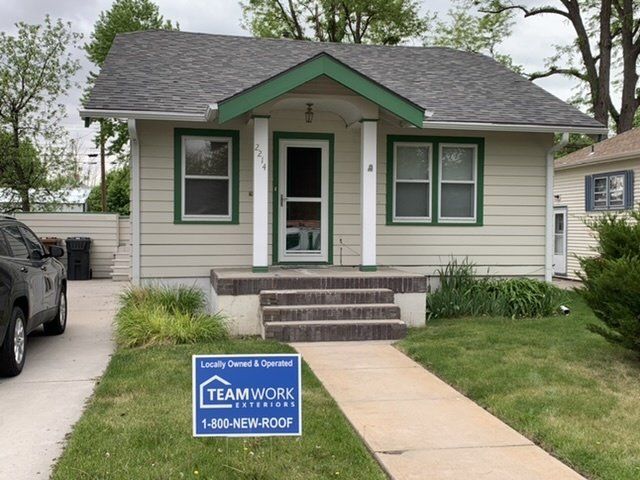What are the major differences Between a Commercial and Residential Roof?
Commercial and residential roofs serve the same purpose: protect people and property underneath them. While they share certain fundamental similarities, however, they do have some significant differences.
Construction of commercial and residential roofs
The majority of residential roofs are steep-sloped, made from slate, asphalt, or cedar shake shingles. Other options that homeowners can choose from are tile and metal shingles.
Flat roofs are typical in commercial, institutional, and industrial buildings. They may be old-fashioned, built-up or modified single-ply roofs. These types of roofs are frequently used to create solar panels or gardens due to their flat surfaces. Commercial roofing is typically more substantial than residential roofs and the weight of the mechanical equipment which is typically set up on them demands special attention.
Commercial roofs tend to be higher priced than residential roofs due to the specific equipment and tools required for safe, top-quality commercial roofing installation and maintenance and the total square footage.
Repair and maintenance of roofs for Commercial and Residential Buildings
Commercial and residential roofing companies require regular maintenance. However, they require maintenance to different extents. Constructions that are built up could result in ice damming and blockages. This is the reason homeowners, and especially those who live near trees, need to ensure the gutters are free of obstruction and that their downspouts remain open. If a building has downspouts that extend to the ground, owners should ensure that they are clear to let water flow freely from the structure. If you aren't able or not willing to wash their downspouts and gutters the majority of roofing contractors are equipped to help.
The owners of these structures should check their roofs on a regular basis. Go through the roof of commercial buildings and note any issues that could arise and then contact an experienced roofing company to resolve these issues. Residential building owners are, however, should conduct periodic inspections of the roof from the ground particularly after storms, to search for wind-damaged or damaged shingles. A walk on a roof that is slanted is exceedingly dangerous, thus a homeowner should never go on their roof. A skilled roofing contractor will evaluate the roof and make the necessary repairs to prevent damage in the future if something goes not working.
In contrast to residential roofs, commercial roofs must be checked and maintained on a regular basis. Professional roofing contractors are capable of identifying any issues before they become grave problems. Commercial building owners need to be aware of roof mechanical equipment and ensure that mechanical contractors are not causing damage to the roof.
Pests are another issue that property owners must be aware of. For instance, squirrels and raccoons example may wreak havoc on any roof. They're seeking a way that they can lift a soffit up or take out a flashing once they're inside, they'll do a lot of damage.
It is best to employ a professional roofing contractor who specializes in the particular type of roof, no matter the kind of roof you've got. Choose a professional who will give you the best guidance and assistance, and your roof will safeguard you, and everything else under your roof--from the weather.
For more about commercial and residential roofs...

